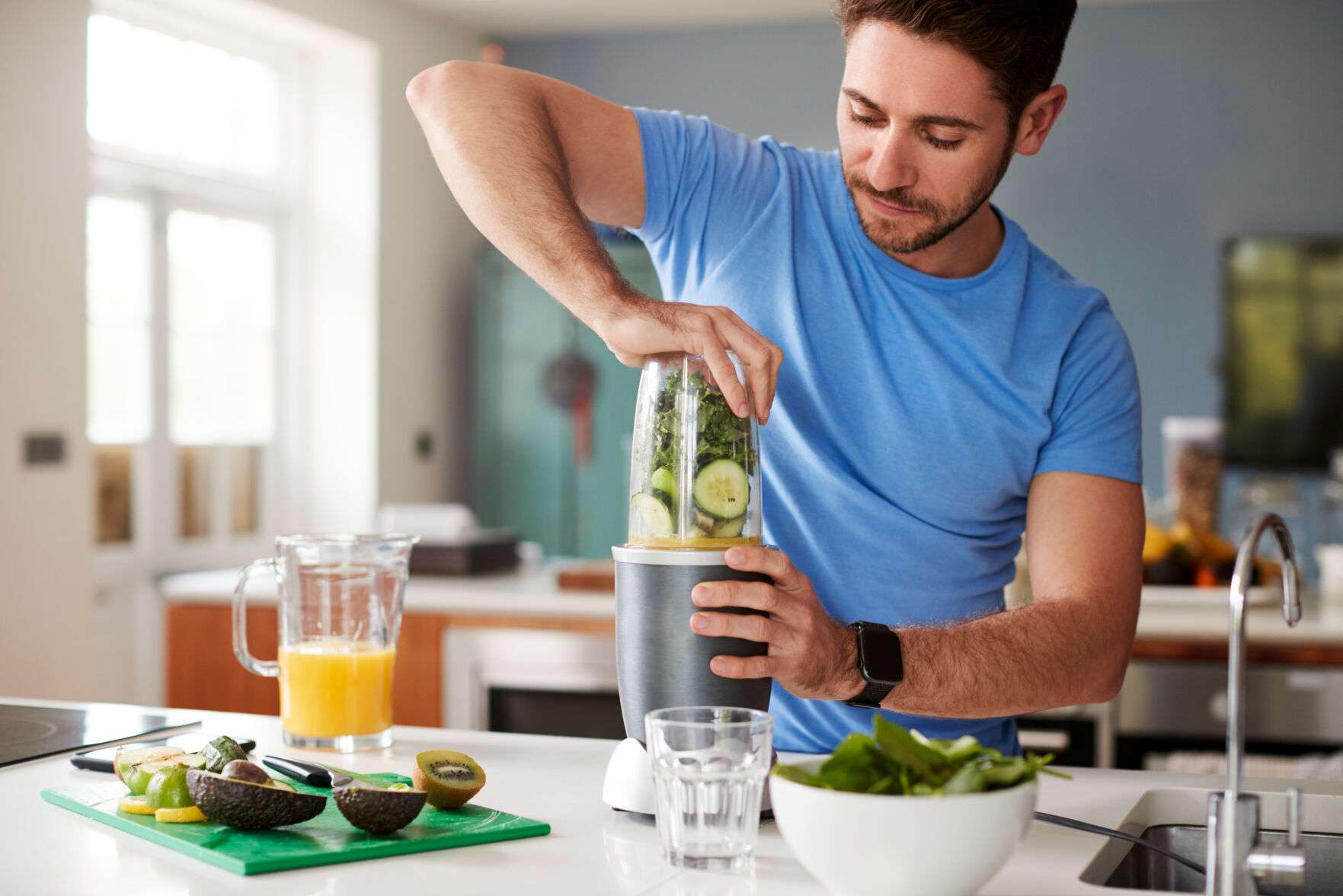Looking for a post-workout pick-me-up, a boost for the immune system or better gut health? Many people head to the grocery store, but not to the pharmacy aisle. The healthy beverage trend has been gaining momentum, and Americans continue to seek alternatives in flavor profiles, selection and therapeutic benefits.
But are the drinks really healthy? Are there negative side effects? Here are some basics about some trending favorites.
Green Tea
Green tea comes from the Camilla sinensis plant, which is also the source of black and oolong tea. The difference is in how the leaves are processed. Leaves are steamed, pan fried and dried for green tea.
The National Center for Complementary and Integrative Health, part of National Institutes of Health, reports that green tea is promoted for improving mental alertness, relieving digestive symptoms and headaches and promoting weight loss. Studies have not provided any conclusive evidence that green tea is effective for these claims. It does contain some caffeine.
It’s worth noting that green tea has a much higher concentration of polyphenols, a strong antioxidant, than black or oolong tea. The NIH points out that antioxidants may help or delay some types of cell damage. It also notes that high intake of antioxidants, such as the levels that are associated with supplements, may interfere with some medications. No concerns have been made about the levels of antioxidants in food.
Kombucha Tea
This fermented tea is made with a starter of symbiotic culture of bacteria and yeast (SCOBY). Resembling a small, gelatinous hockey puck, SCOBY is responsible for kombucha’s delicate, signature effervescence. The flavor can range from sweet to tart — think of vinegar — depending on how long the tea ferments.
There are several health benefits that many people associate with kombucha. Because it’s made with tea, kombucha is associated with similar benefits of drinking green or black tea. As a fermented beverage, kombucha is also a probiotic and may also offer gut health benefits similar to eating yogurt. While fermenting, different flavorings can be added in the form of juice, fruit, herbs or spices, which may also contain additional antioxidants and vitamins.
Kombucha has been associated with certain adverse health reactions in the past, though these were typically linked with drinking a home-brewed version. It is advised to seek a doctor’s recommendation on safe consumption levels.
Kefir
Like yogurt, kefir is a fermented dairy product, but it’s fermented for a much longer period of time, resulting in a higher concentration of probiotics. Often described as drinkable yogurt, kefir is associated with several benefits including improved blood sugar control, cholesterol levels and gut health. A 2022 study published in the NIH concluded that drinking kefir is positively associated with an improvement in gastrointestinal health.
Kefir comes in a wide variety of flavors and types such as non-fat, full-fat and gluten-free, as well as different animal sources of milk. Store-bought kefir is typically pasteurized. The CDC warns against consuming raw milk products due to the increased risk of consuming disease-causing germs that are not killed by the pasteurization process.
Pickle Juice
Riding on the trend of consuming fermented foods, pickle juice has gained favor for those seeking a nutrition boost. But be aware, only the pickle juice made with brine is fermented and has the potential to deliver GI benefits associated with probiotics. Pickle juice also contains sodium and potassium, and some people turn to it as a hangover cure.
It may sound odd to some, but there are those who enjoy drinking this salty beverage. The salt, however, is exactly why a person needs to imbibe carefully. Those with certain health conditions including heart disease, hypertension, liver or renal disease should talk to their doctor before drinking pickle juice. As a guideline, the CDC says Americans consume too much sodium, and excessive amounts of sodium are bad for one’s health.
Protein Drinks
Protein drinks refer to a whole family of beverages to which people add protein powder. These can be in the form of smoothies, shakes or even water and juices. Protein is the body’s power source. It uses protein to build muscles and organs, make hormones and antibodies and maintain bone strength. It’s also stored by the body and burned as energy. Surely, consuming more protein is a good idea?
When it comes to protein drinks, it’s not the additional protein that’s problematic, it’s the added sugars, artificial flavorings and calories that can be harmful. The Clean Label Project, a food and consumer labeling watchdog, tested 60 protein powder brands and detected measurable levels of toxic chemicals including arsenic, lead, mercury, BPA and more.
